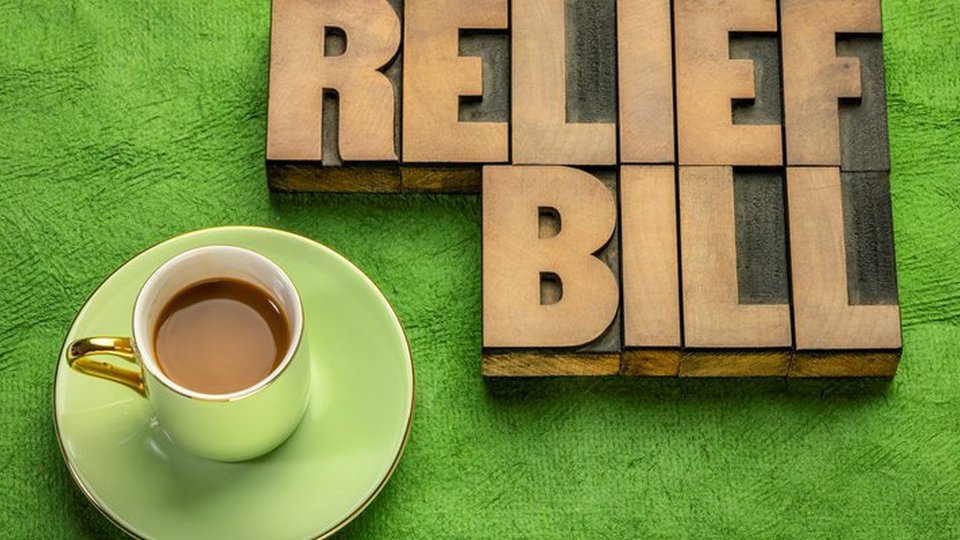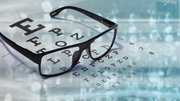Retail
How the second COVID relief bill benefits the self-service industry

December 22, 2020
The recently passed $900 billion COIVD relief bill includes several provisions that will help the self-service industry.
The International Association of Amusements, Parks and Attractions cited the following provisions.
Paycheck Protection Program
- PPP funding increases by $284 billion, extending the deadline from Dec. 31, 2020 to Sept. 30, 2021 and enabling funds to be used for 24 weeks from date of loan origination.
- Provides up to a $2 million second draw PPP loan to qualifying businesses with not more than 300 employees with demonstrated revenue reduction of 25% or less in any quarter in 2020 as compared to 2019.
- Increases forgivable expenditures to include business or cloud computing expenses that facilitate business operations; supplier costs; operating and capital expenditures related to COVID protection.
- Clarifies that expenditures related to the forgivable portion of PPP loans can be deducted and that forgivable portion of PPP is not included in income for purposes of income tax.
- Repeals the CARES Act provision that requires PPP borrowers to deduct their Economic Injury Disaster Loan Advance from their PPP loan forgiveness amount.
- Simplifies forgiveness process for loans less than $150,000.
- Clarifies that if the Small Business Administration made changes after a PPP loan was originated that would render a business eligible for additional PPP funds, the business can now seek the additional PPP funds made allowable by new rules.
- Provides that 501(c)(6) organizations with 150 or fewer employees are eligible for PPP, if the organization does not receive more than 10% of its receipts from lobbying activities and lobbying activities do not comprise more than 10% of total activities of the organization.
Economic Injury Disaster Loans
- Includes $20 billion for EIDL Advance grants. Small businesses and nonprofits in low-income communities are eligible to receive $10,000 grants. Any small businesses and nonprofits in low-income communities that received an EIDL Advance loans are also eligible to receive the full $10,000 if their award was less in the first round of grants.
- Permits certain EIDL borrowers to also apply for PPP loan.
Employment Retention Tax Credit
The law expands and extends provisions established in the CARES Act, as follows:
- Modifies the ERTC for 2020 by allowing businesses with PPP loans to qualify for the ERTC with respect to wages that are not paid for with forgiven PPP proceeds.
- Increases the tax rate from 50%-70% and increases the limit on per-employee creditable wages from $10,000 per year to $10,000 for each quarter.
- Allows eligibility for credit with year-over-year decline of 20% in gross receipts.
- Expands treatment as "large employer" to 500 or fewer employees up from the 100 employee ceiling.
The bill also extends the refundable payroll tax credits for paid sick and family leave that were established in the CARES Act through March 31, 2021. The bill also extends the expiring credit for five years. The tax credit is available to employers for the hiring of qualified veterans, eligible long-term unemployed and recipients of supplemental social security income and similarly situated groups.
For an update on how the coronavirus has affected convenience services, click here.
 ChatGPT
ChatGPT Grok
Grok Perplexity
Perplexity Claude
Claude









